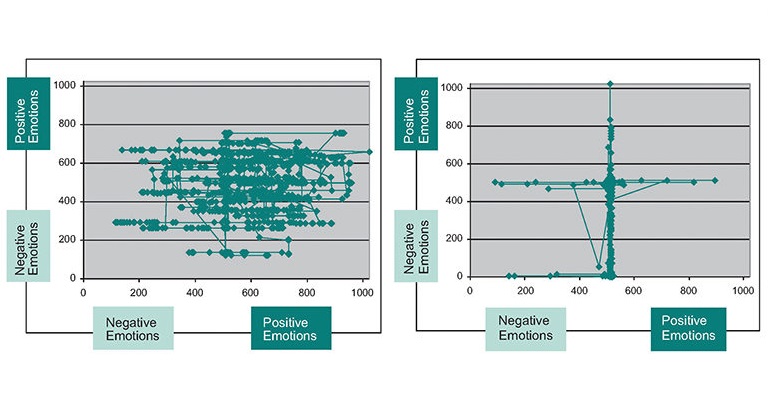Difficult Conversations
While living in California, Judah recalled, “If you wore a shirt with a Chevron logo to the airport, there were people who would light into you.”
While the EY survey found a large number of people who would not like the oil and gas business in their back yard, they also found people who see the environmental risks of continued oil production in such stark terms that they view it as a moral issue. And on the other side, there are people who argue that global warming is an iffy theory whose potential consequences are likely exaggerated.
Climate change and hydraulic fracturing are among the issues that have become flashpoints for difficult conversations between people with diametrically opposed points of view. What makes these disputes different is the uncompromising attitudes of those involved, which Peter T. Coleman, a professor of psychology and education at Columbia University, described as, “Our side is clearly right and your side is clearly deranged.”
To study these types of conflicts, Coleman created the Difficult Conversations Laboratory, where observers have watched hundreds of conversations between people on opposite sides of seemingly intractable issues. The goal is to find ways to promote productive dialogue in these stressful meetings.
